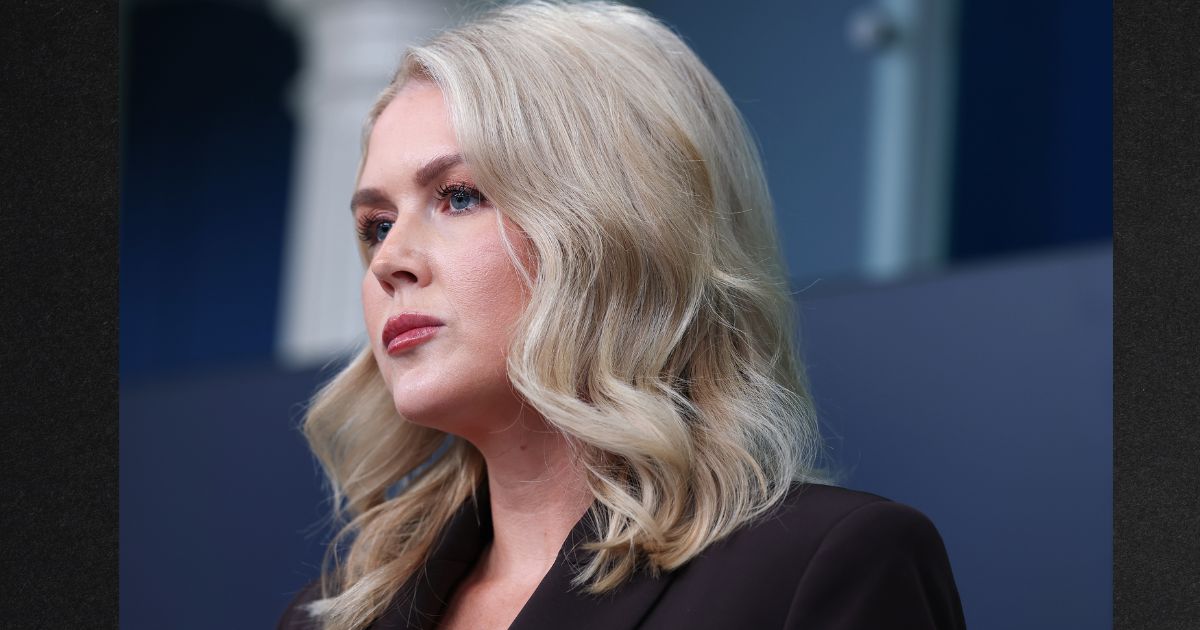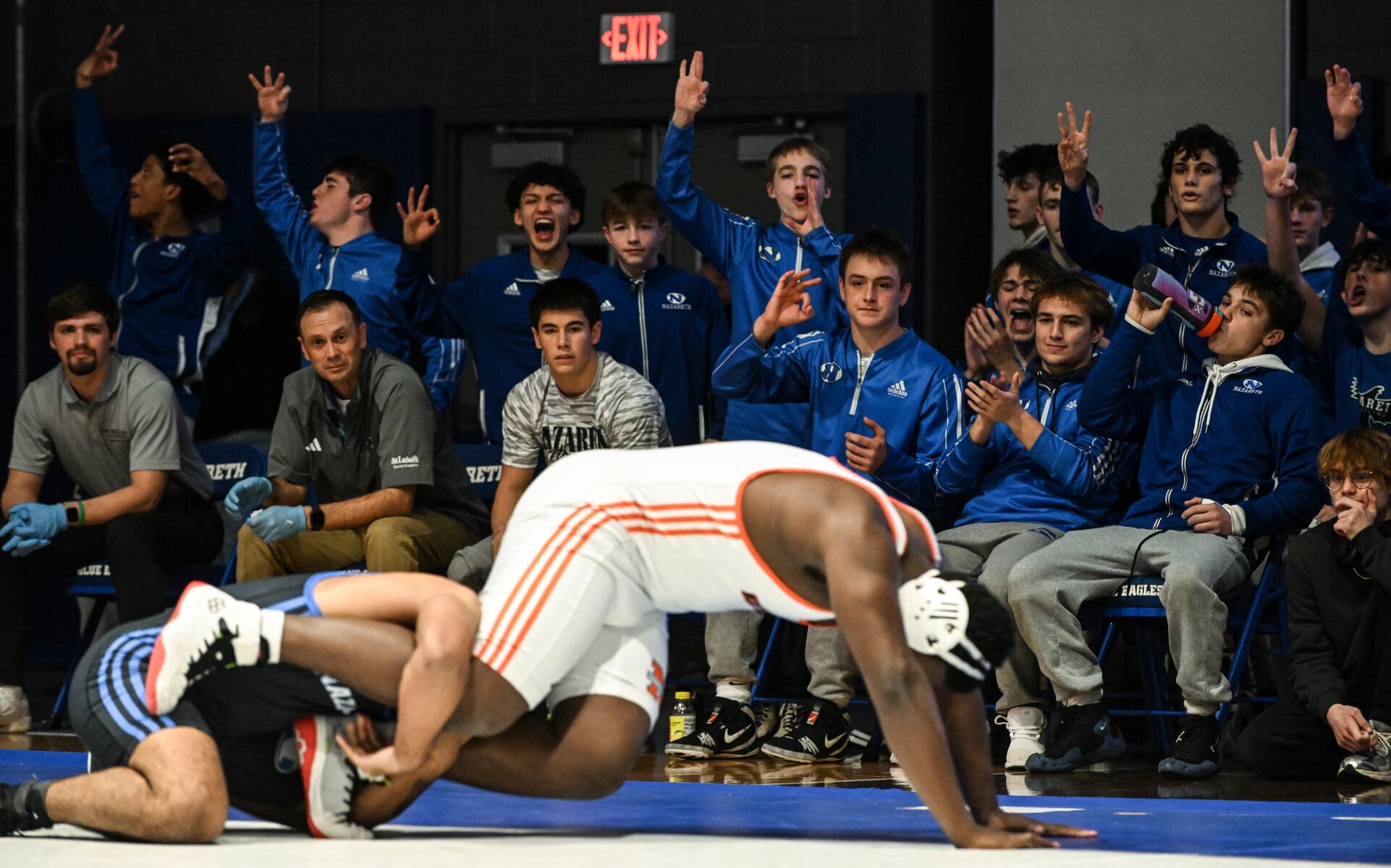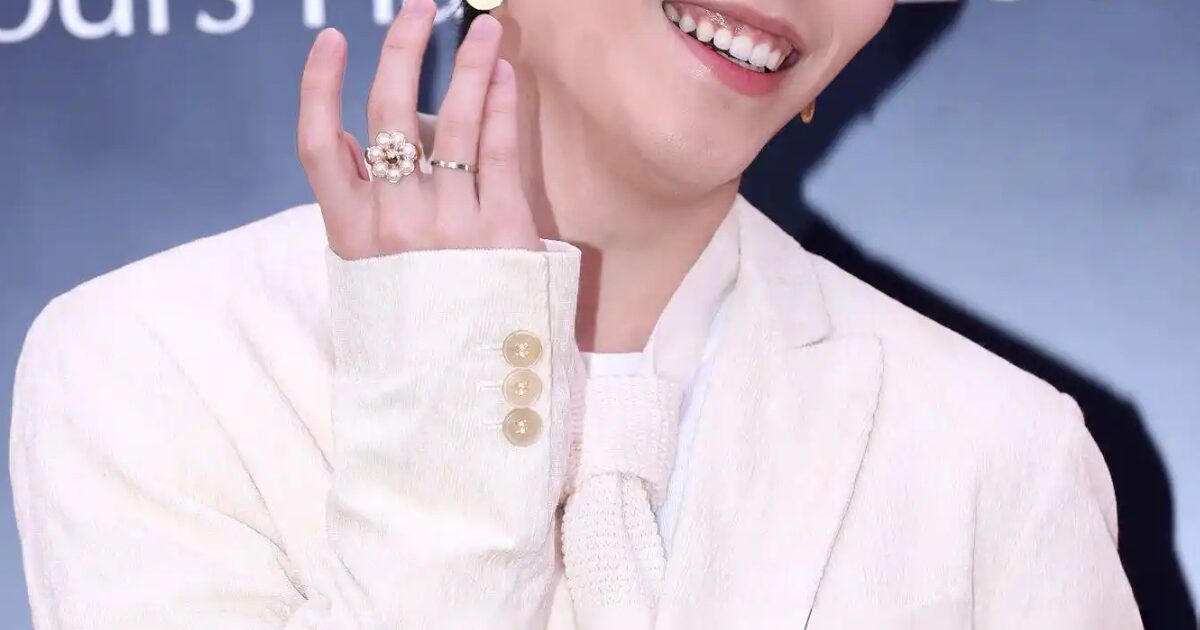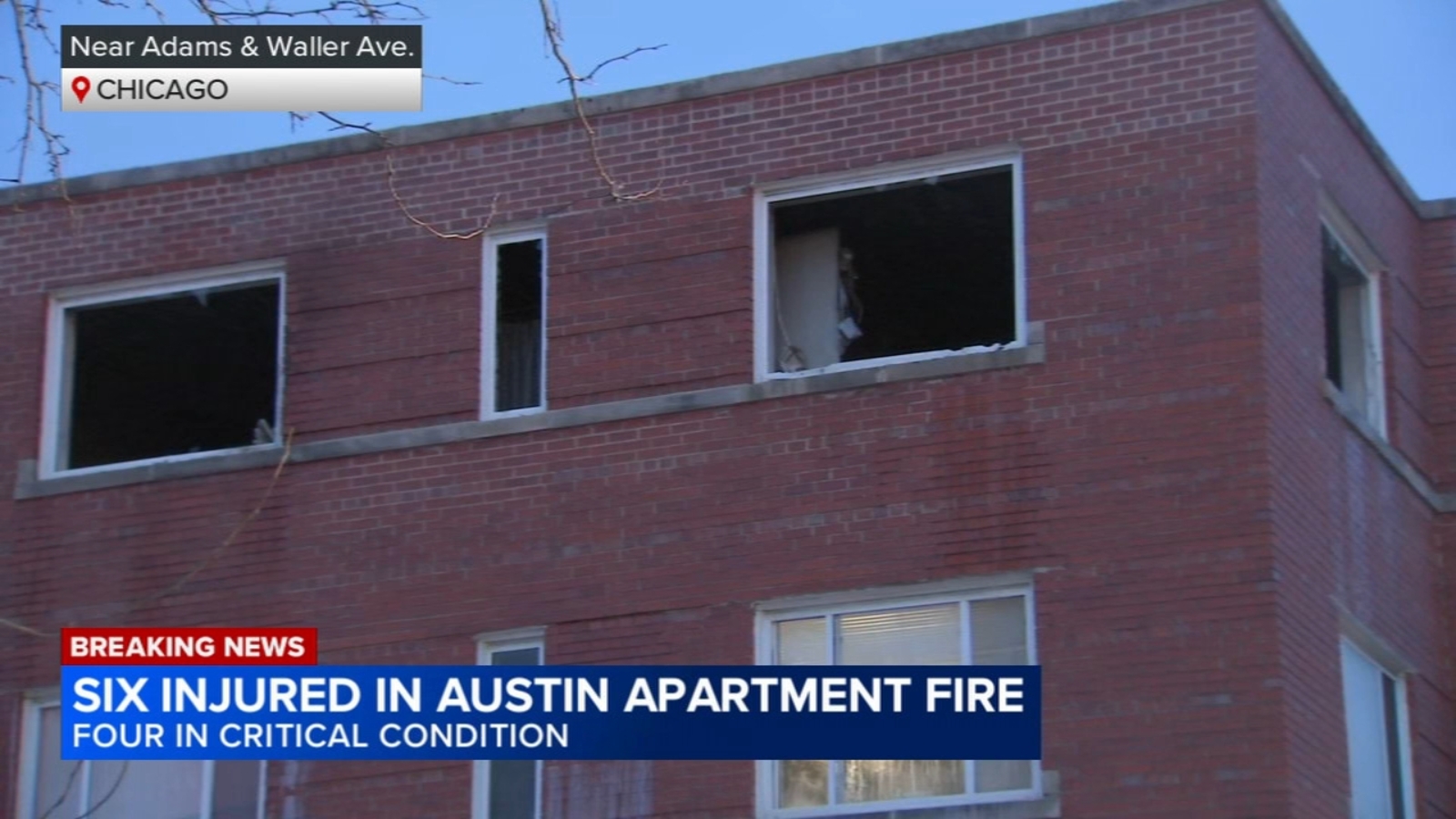BREAKING: White House Press Secretary Karoline Leavitt has ignited a firestorm on social media after publicly clashing with S.V. Dáte, a reporter from the Huffington Post. In a heated exchange shared on the platform X, Leavitt labeled Dáte a “far left hack,” escalating tensions surrounding the current political climate just days after the tragic assassination of conservative leader Charlie Kirk.
Leavitt’s remarks come in response to Dáte’s probing question about President Donald Trump and a significant upcoming meeting in Budapest with Russian President Vladimir Putin. Dáte questioned whether the President understood the historical implications of the meeting site, referencing a 1994 agreement involving Ukraine’s nuclear disarmament.
In the exchange, Dáte asked, “Does he not see why Ukraine might object to that site?” Leavitt’s response was swift and cutting: “Your mom did.” Dáte pressed further, “Is this funny to you?” to which Leavitt fired back, “It’s funny to me that you actually consider yourself a journalist. You are a far left hack who nobody takes seriously.”
This incident, occurring earlier today, highlights the ongoing divide between the Trump administration and media outlets perceived as biased against them. In her post accompanying the screenshots, Leavitt emphasized, “Activists who masquerade as real reporters do a disservice to the profession.”
The implications of this exchange extend beyond mere rhetoric. As tensions rise in global politics, particularly regarding interactions with Russia, Leavitt’s comments reflect a broader strategy within the Trump administration to confront what they view as media bias and misinformation.
Leavitt’s bold stance resonates with a faction of the Republican Party that feels increasingly emboldened to challenge mainstream media narratives. Notably, she is part of a younger generation of Trump allies, including figures like Secretary of War Pete Hegseth and Director of National Intelligence Tulsi Gabbard, who are redefining the political landscape.
This confrontation also sheds light on the challenges faced by journalists in today’s polarized environment. Leavitt’s dismissal of Dáte’s inquiries underscores a growing sentiment among some political figures that mainstream media often fail to engage with issues in a neutral or fact-based manner.
As the fallout from this exchange continues, it remains to be seen how it will affect public perceptions of both the Trump administration and the media. Observers are now watching closely for further developments. Will this alter the dynamics of future press interactions?
Stay tuned for more updates on this developing story as it unfolds.







